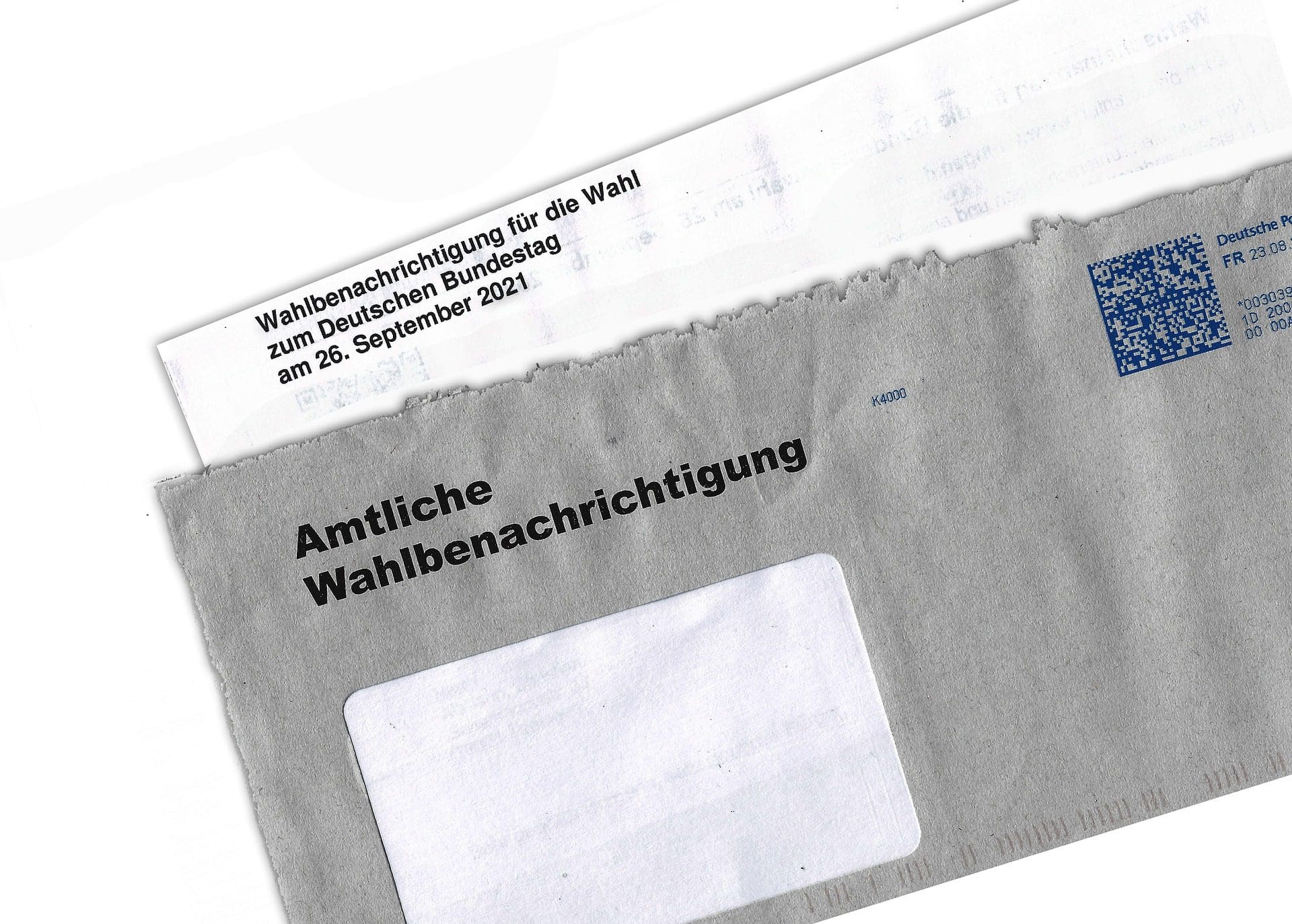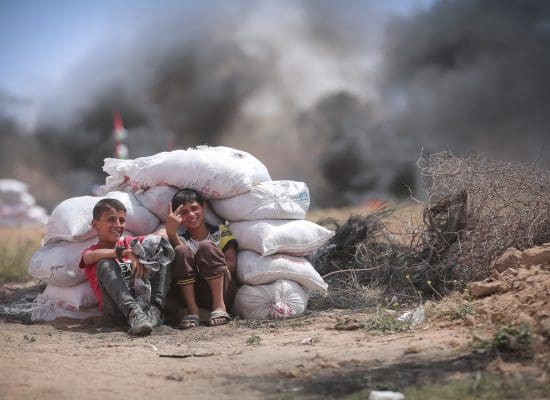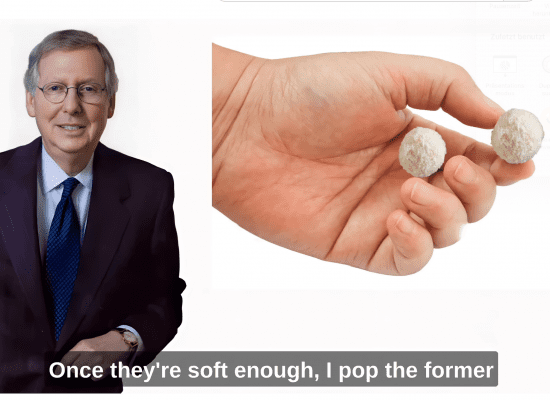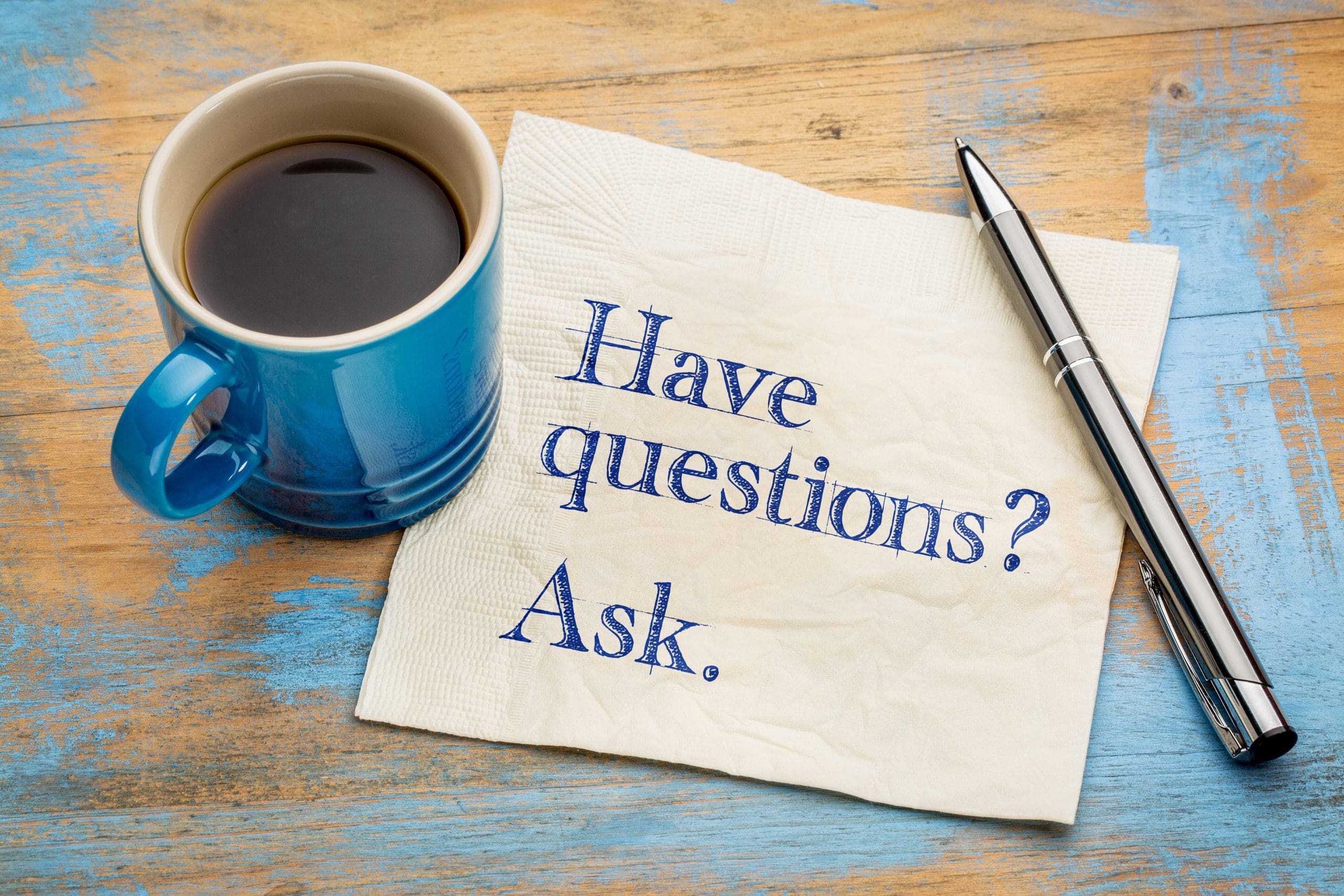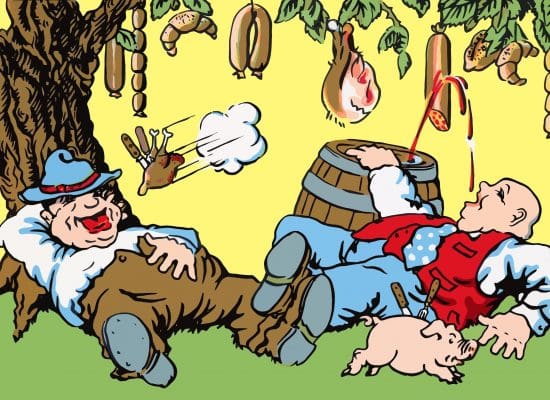Post photo: Election notification | © Pixabay
Every time I hold a ballot paper in my hands, I have to think of a supposed quote from because of my age Kurt vonnegut think who is said to have said the following:
"True terror is to wake up one morning and discover that your high school class is running the country."
Then I remember right away that I wanted to look it up last time; but then I digress again and would be glad if they actually tried it at least once.
But when I took a closer look at today's ballot, the following poem suddenly struck me Theodor Fontane around:
The question remains
Theodor Fontane
This leads me to wonder what those voters do who don't know a candidate on the ballot? Although it doesn't have to be a bad thing to approach such a challenge completely inexperienced. You usually don't have to blame yourself, because on the one hand you don't know many of the candidates at all and some only from their regular appearance on the most diverse election posters. And on the other hand, you may not have been in the constituency long enough to have even gotten to know one or the other candidate.
The whole thing only gets exciting when you want to get an idea of the different candidates from the election poster or from a flyer that is often distributed before the elections. Since the photographers have better and better opportunities to put the respective candidate in the best light, you can actually no longer award sympathy points solely on the basis of the photo.
Just a look at the advertising brochures could help, but here too everyone wants to save the world in unison and suddenly everyone has a good idea - some even a plan - how to do this and that.
While this can still be seen as a good and meaningful decision-making criterion for the first-time candidates, one inevitably has to ask oneself what the representatives of the people who are already in office have been up to in recent years.
It is very similar with the parties behind the respective candidates — e.g. For example, wanting to save the environment for 50 years or wanting to hire more police officers over and over again makes every citizen doubt whether these “statements” have any meaningfulness at all.
So, for better or for worse, there is only one thing left to do, namely to do your own research, unless you have not already committed yourself to a certain party, or always voted for the candidate that your grandmother thought was good. This is of course an opportune option, and a very convenient one at that, but then you can't expect anything to change in our country.
And yet it is precisely the regular elections in a democracy that repeatedly call for parties and their representatives to give an account of their past actions and, in addition, in competition with the other parties and candidates, to reflect on themselves at least during the election campaign and to readjust or further differentiate their own goals and plans. This would even make it possible for one not to constantly have to fall back on the “tried and tested” from the last century for one's own election statements - although only now and then new color combinations are to be expected; this time the 1970s are all the rage again.
But above all for the voters - with or without party membership - the ballot paper in their hands must be an impetus to think and to look up. Who actually knows the 21 parties that are on the current ballot? What do these parties say they absolutely want to change or do differently? Which candidates are you running for it?
Just looking up these questions shows every voter what is on their fellow citizens' minds or in which direction the trend seems to be going. This can then also be checked quite well by selecting the appropriate Wahl-O-Mat consulted, because there all 21 parties answered Wahl-O-Mat theses, which you can compare with your own points of view.
But beware, unless you are a party activist, it could well happen that your own or your preferred party is less consistent with your beliefs than a completely different party that you may not even know. What is reassuring, however, is that no party feels bound by its own election statements - and you as a party member can therefore cast your vote calmly and as usual.
And since many people think so and even more do not go to the polls at all, nothing will change here anytime soon, and so the candidates will remain the same, the parties will remain the same, the election statements will remain the same, the problems will remain the same - it's just that there are always new challenges, but some problems solve themselves as if by themselves.
With the ballot in your hand, the question remains, how can you change anything yourself, maybe even for the better?
Be sure to cast your ballot, the more you do, the better the result for everyone! Feel free to give a party or a candidate a leap of faith and put your cross there.
But things will only change if we voters ask our representatives and their parties to give an account in advance of the next election and before we cast the next ballot. Because it doesn't count what they have wanted to do for decades and also in the future, but solely and solely what they have actually done or even failed to do since the last election!
The right to vote is a precious good and can certainly change the world for the better, but only if as many of us as possible vote and have committed ourselves and the candidates to it in advance.
Ask e.g. B. the deputies in the current state parliament of Baden-Württemberg or the candidates for the next state parliament Members watch!
Check out how your representatives actually voted in the state parliament: Baden-Württemberg – Votes
Be sure to vote on March 14, 2021!
Also and especially when you cannot vote for any party or candidate with a clear conscience — even your invalid vote is a vote.
And only those who don't cast their vote don't count.
background objects
On March 14, 2021, the people of Baden-Württemberg are asked to elect what is now the 17th state parliament for the next five years. The electoral period of the 16th state parliament, consisting of 143 members, lasts until April 30, 2021, after which the new state parliament will be constituted.
Citizens elect their 120 deputies in 70 constituencies, although the number will be higher again due to balancing and overhang mandates. All German citizens over the age of 18 who have had their main residence in Baden-Württemberg for at least three months are entitled to vote.
Traditionally, soldiers in the Bundeswehr are discriminated against, since they have to move their main residence several times and also at short notice, especially in the first years of their career, whereby this deprivation of the right to vote — including the right to stand as a candidate! — is not compensated by the state authorities (the actual polluters). For example, many soldiers and their family members are denied the right to vote, sometimes for decades, which is otherwise only the case with serious criminals.
Each constituency has its own ballot paper. This time you will find 21 candidates from 21 parties or groups of voters. The candidate who gets the most votes in each constituency is elected “directly”.
In addition, all votes for the parties or groups of voters are counted nationwide and the 120 parliamentary seats are counted according to the maximum number procedure in accordance with Sainte-Laguë / Schepers distributed among the parties, provided they each have at least 5% of the votes.
The parliamentary seats to which each party is now entitled are distributed within the country's four administrative districts (Freiburg, Karlsruhe, Stuttgart and Tübingen); the above procedure is also used here.
Small note on the side: the largest and compatriots even independent district in the country, Heilbronn-Franken, was thereby zuschanzt the Stuttgarters; bad, who suspects bad.
This regional distribution of seats within the parties is now compared with the direct mandates achieved. And if a party in the district has more direct mandates than it is actually entitled to, overhang mandates are generated, ergo additional MPs for the district move into the state parliament.
The remaining vacant seats within the government districts are now distributed as secondary mandates to which the parties are entitled. The candidates of the parties that have received the highest share of votes come into play.
Finally, there are the compensation mandates, namely when there are overhang mandates in a district and the distribution of seats between the parties, as determined by the maximum number procedure in the respective district, is no longer consistent. The candidates with the next highest proportion of votes will then receive these compensation mandates.
So it happened that the 16th state parliament consists of 143 instead of the planned 120 candidates.
Last but not least, I would like to point out that it is not only important how the elections are carried out, but also the selection process used and, in particular, how the constituencies and administrative districts are designed. In addition, these must always be adapted to the actual population ratios and — which is particularly important nowadays — one must ensure that the redistribution of the districts and districts does not lead to Gerrymandering comes.
"So it goes."
Kurt Vonnegut, Slaughterhouse Five (1969)
